
WORDS AS MEDICINE. MIRRORS. MATCHSTICKS.THE RECLAMATION JOURNAL
For the women unlearning who they were told to be.
Thoughts, truths, and soul sparks from your favorite dangerous woman.
START HEREFEATURED POSTS
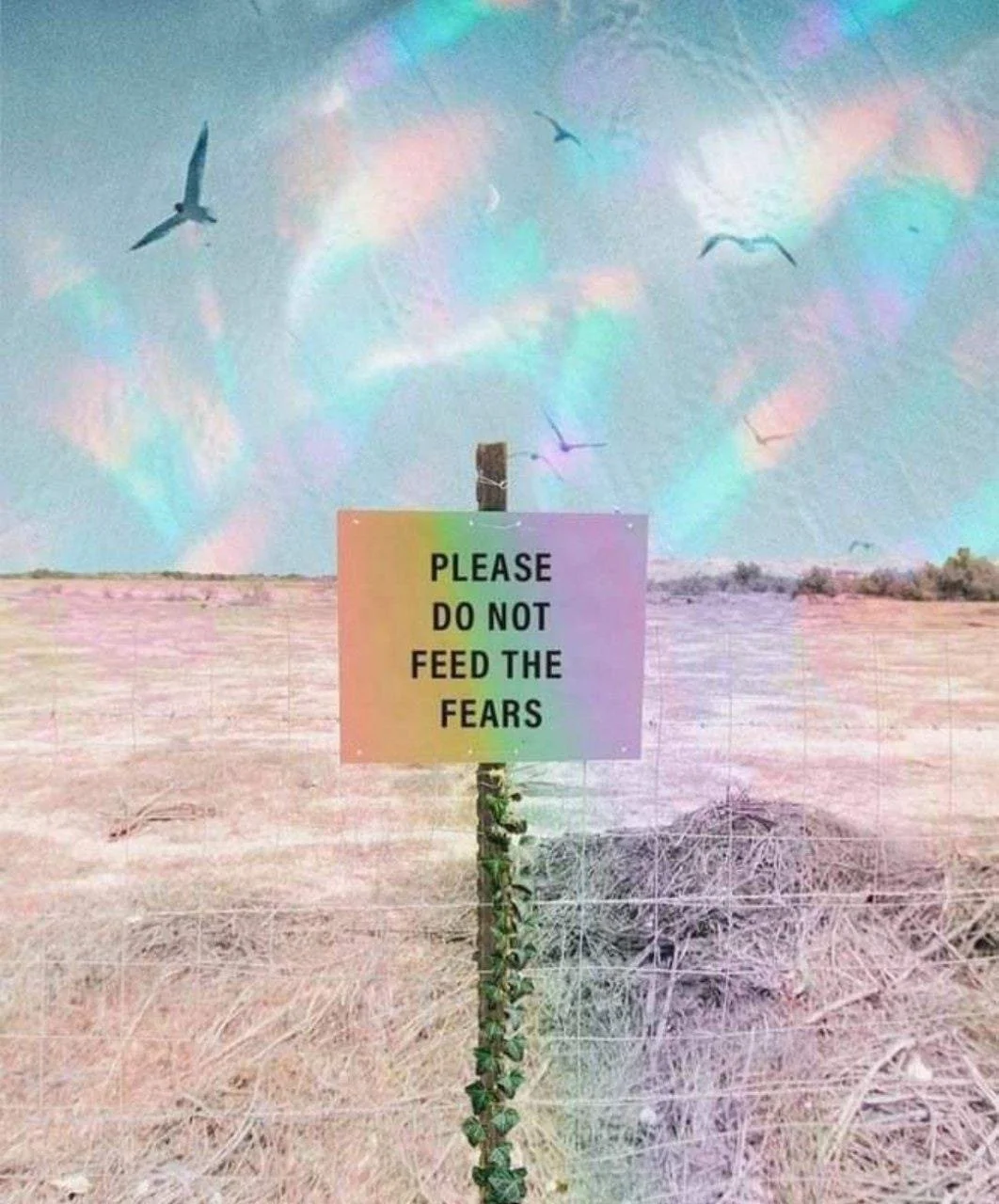
We don't fear silence.
We don't fear silence. We fear what silence forces us to hear.
We fear how we talk to ourselves. The noise inside our head that overrides intuition. The voice controlling the narrative. The one we obey even when we know better.
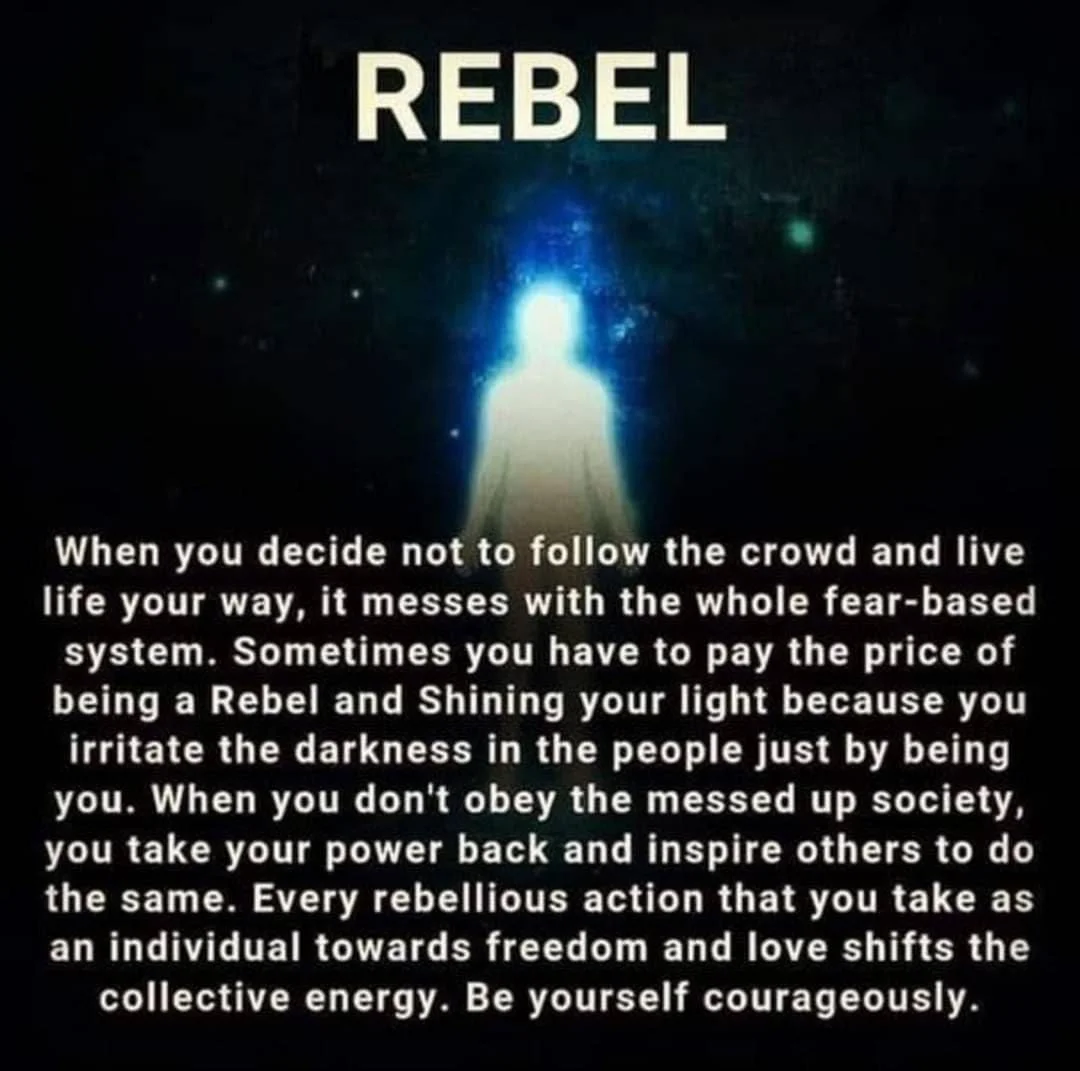
The Year I Chose Myself: What Happens When a Recovering Good Girl Takes Inventory
Choosing myself isn't selfish when the alternative is self-destruction. 'Family' doesn't mean I owe anyone my health, my business, or my soul. Every time a woman chooses herself over a system that needs her compliant, she gives permission to other women to do the same. My 'selfish' boundary became a sacred act of self-preservation that ripples beyond just me.

New Year's Intentions vs. Resolutions
It's that time of year again. The world is screaming "New Year, New You!" and I'm here to say: Bullshit. What if this year, you didn't try to fix yourself? What if you had the audacity to become more of the woman you already are? Learn why resolutions fail midlife women, what makes intentions different, and how to approach a new year with moxie instead of shame.

Your Wins Are Dangerous Information (And That's Why You're Hiding Them)
I bet you ou did something incredible last week and told exactly no one about it.
You set a boundary that terrified you. You had the difficult conversation. You chose yourself over someone else's comfort. You interrupted a forty-year pattern of people-pleasing. And you minimized it, deflected it, or hid it completely.
Because somewhere along the way, you learned that celebrating yourself makes you arrogant, self-centered, or "too much." That confident women are full of themselves. That owning your wins is a character flaw, not a revolutionary act.
Here's the truth they don't want you to know: Your inability to celebrate your wins isn't a personality flaw. It's proof that the good girl conditioning worked exactly as designed. And your wins? They're dangerous information. They prove you can choose yourself and survive. That's why you're hiding them.
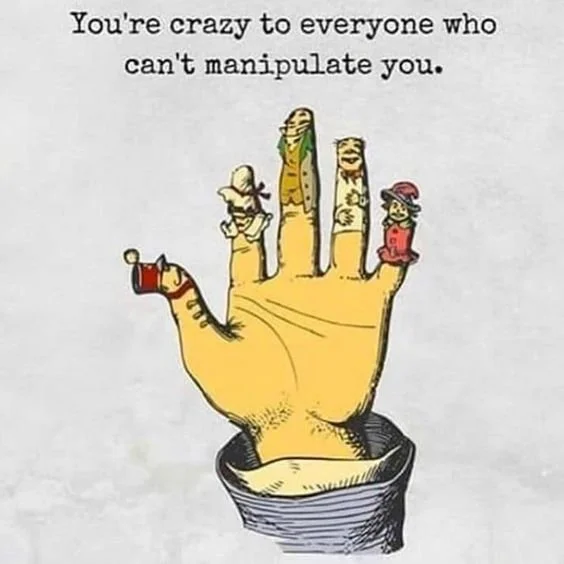
The Holiday Season Doesn't Require Your Sacrifice
The pressure is already building: who's hosting, what you're bringing, when you'll arrive. That knot in your stomach telling you saying "no" makes you selfish? That's not your conscience, that's conditioning. Here are three truths about holiday boundaries every woman needs to hear.
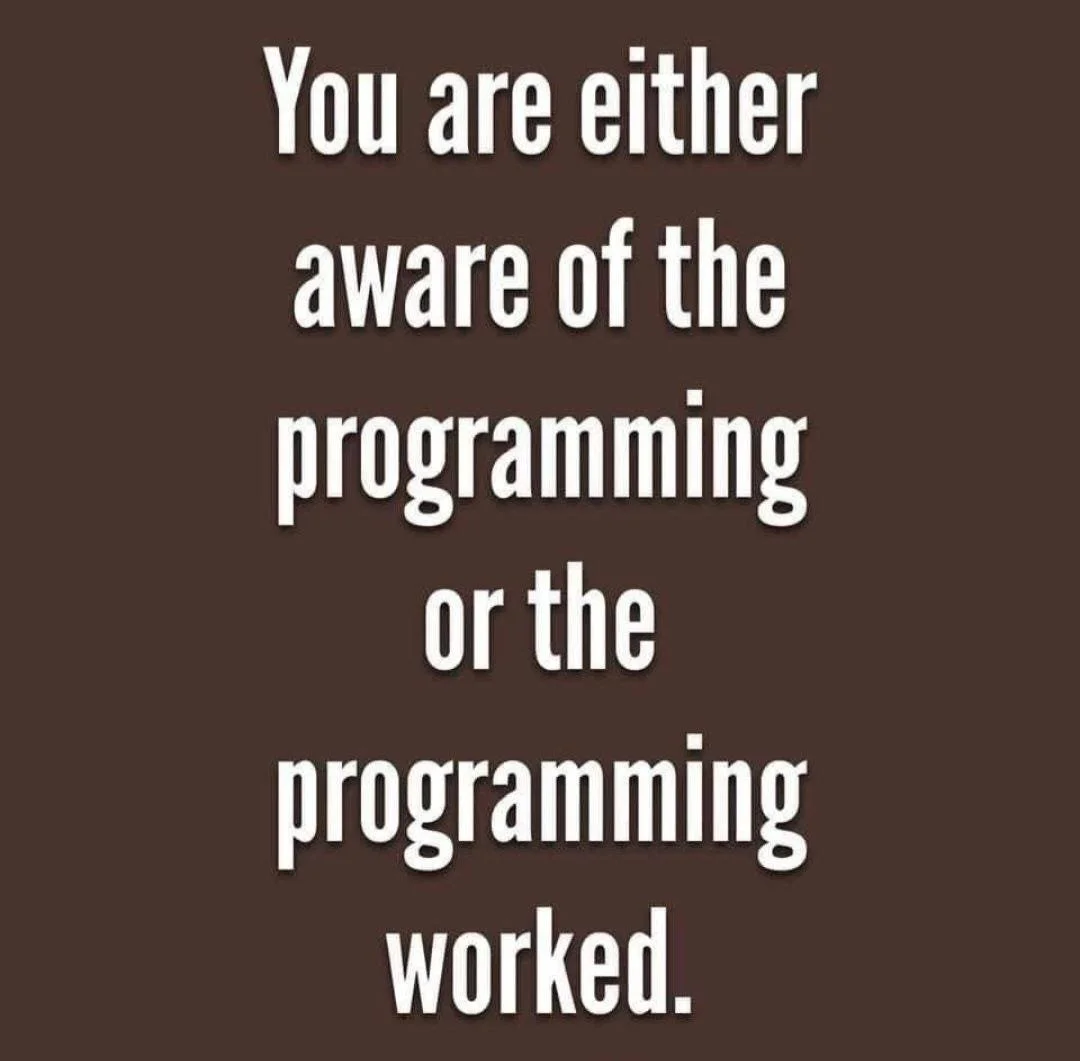
The Permission You've Been Waiting For: Why Midlife Women Need Solitude
What if your "selfish" desire for time alone is your wisest self trying to get your attention? Why solitude threatens systems built on your availability—and why that matters.

Who's Sitting at Your Midlife Table? (And Do They Still Belong There?)
Picture a table with just a handful of seats—your inner circle. Now ask yourself: Who's sitting there? And do they still belong? At midlife, when your tolerance for pretending evaporates and your life becomes too precious to waste, re-evaluating who gets intimate access to your energy isn't selfish. It's sacred stewardship.

The Difficult Conversations You're Avoiding (And Why That's Costing You More Than You Think)
There's a conversation you've been avoiding. You've rehearsed it a thousand times in your head, imagined every way it could go wrong, and so you've stayed silent. Waiting for the "right time." Hoping it will resolve itself. But here's the truth: it won't. And that silence? It's costing you more than the conversation ever would. Every time you swallow words that need to be said, resentment builds, distance grows, and authenticity dies. You're not keeping the peace—you're slowly dismantling intimacy. This post breaks down the difference between avoiding a conversation and discerning it's not worth having, what makes "moxie" actually work, and why sometimes walking away IS the difficult conversation. Your voice matters. And you are worth speaking up.

The "Difficult Woman" You've Been Hiding Is Actually the Revolution Your Relationships Need
You might be surrounded by people and still profoundly alone. Because if everyone in your life only knows the performed version of you, then nobody actually knows YOU. In this comprehensive guide, you'll discover what happens when you stop people-pleasing and start showing up as your authentic self in midlife relationships. We'll explore: - What "showing up authentically" actually means in romantic partnerships, family dynamics, and friendships - How authentic relationships fundamentally differ from performative ones - The real barriers keeping you trapped in performance mode—and how to dismantle them - What moxie looks like when you bring your full self to connection - The honest truth about risks and rewards (because pretending it's all sunshine is spiritual bypassing) - 8 practical strategies to transition from performance to presence - Real stories of relationship transformation, including friendships that faded, family friction, and career exits Because your second half of life deserves relationships that are as authentic as you're becoming.

The Recovering Good Girl's Guide to Playing Again
Can't remember the last time you played without earning it first? When someone asks "What do you do for fun?" does your mind go blank? Learn why midlife women lose their playfulness (hint: it's not because you grew up), how guilt keeps you trapped in seriousness, and 7 practical ways to reclaim joy - even when your nervous system thinks play equals danger. Includes actionable steps for scheduling unproductive time, rediscovering your joy language, and treating play as revolutionary practice. Because the good girl never played, but the dangerous woman does.

Why Soul Nourishment Feels Impossibly Hard
That 3 AM wake-up with your heart racing isn't personal failure—it's biology meeting impossible demands. If you're navigating stress, anxiety, and hormonal chaos in midlife while everyone expects you to handle it gracefully, this guide is for you. Learn the real science behind perimenopause overwhelm, why your anger is sacred information, and practical strategies that go beyond bubble baths. Includes nervous system regulation techniques, boundary-setting scripts, and emotional processing methods. You're not losing your mind, you're navigating real biological and social challenges. Here's what actually helps.

The Midlife Storm: Understanding Stress, Anxiety & Hormonal Chaos (And What Actually Helps)
That 3 AM wake-up with your heart racing isn't personal failure—it's biology meeting impossible demands. If you're navigating stress, anxiety, and hormonal chaos in midlife while everyone expects you to handle it gracefully, this guide is for you. Learn the real science behind perimenopause overwhelm, why your anger is sacred information, and practical strategies that go beyond bubble baths. Includes nervous system regulation techniques, boundary-setting scripts, and emotional processing methods. You're not losing your mind, you're navigating real biological and social challenges. Here's what actually helps.

Beyond the Scale, Hidden Truths about Midlife Bodies (And Why Everything You’ve Been Told is Wrong)
If you're wondering when your body became a stranger or why the scale suddenly seems to work against you, you're not alone. The truth about midlife body changes goes far deeper than "slowing metabolism" – and everything you've been told is wrong. From the conspiracy of silence around women's hormonal health to the metabolic lies that keep us trapped in shame cycles, this comprehensive guide reveals what's really happening to your body during perimenopause and menopause. Discover why 70% of healthcare providers are unprepared to help you, the three phases every woman goes through in her midlife body relationship, and the science-backed strategies that actually work for hormonal changes. Learn why the scale becomes meaningless after 40, what to track instead, and how to find healthcare providers who truly understand women's hormonal transitions.
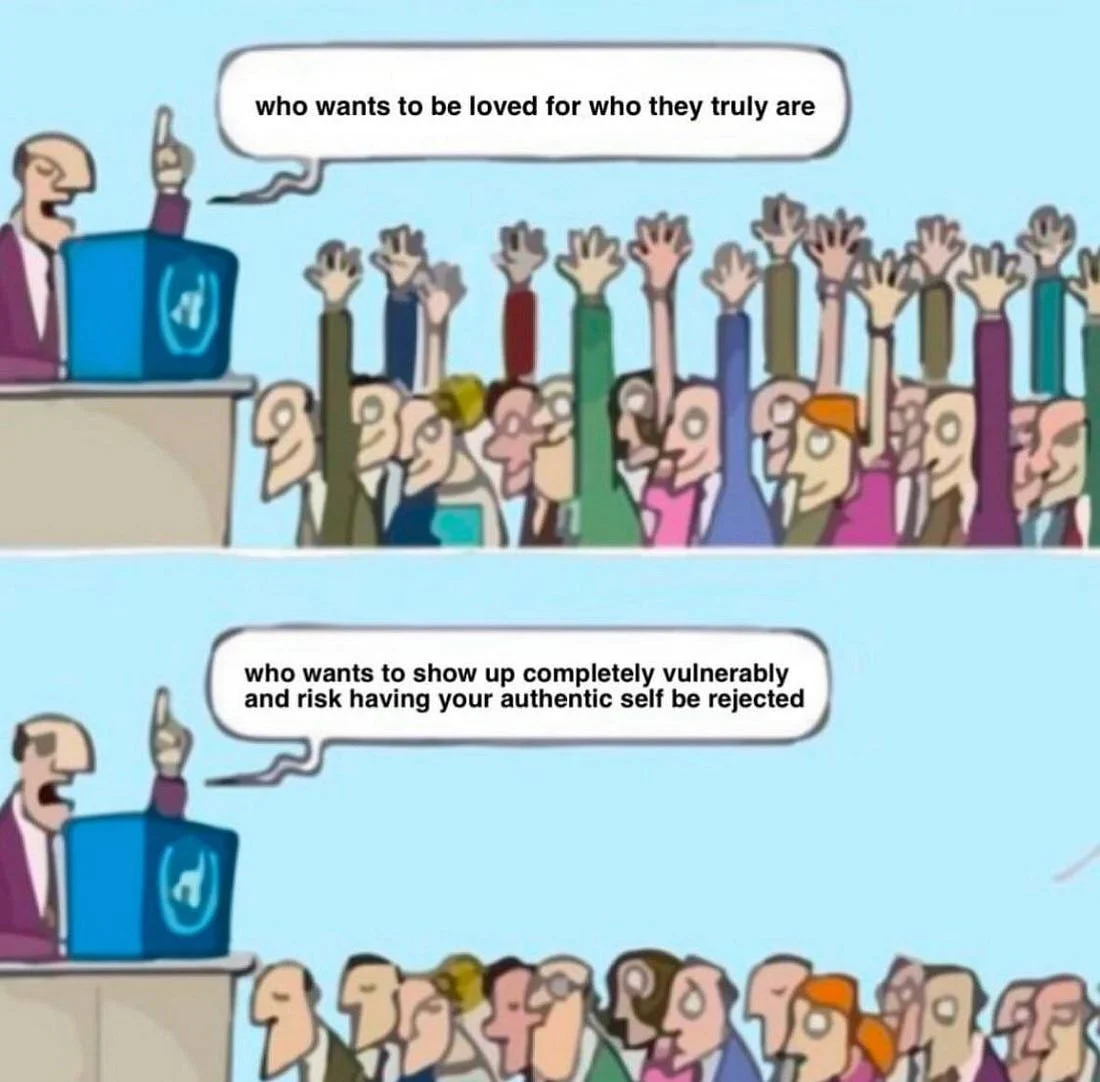
The Hidden Purpose Killers: What Your Good Girl Conditioning Taught You About Meaning (And Why It's Wrong)
That stomach-drop feeling when someone asks about your purpose? It's not random—it's the result of good girl conditioning that taught you purpose should be selfless, humble, and definitely not about what you actually want. Discover the three hidden beliefs about purpose that keep midlife women stuck, and learn why your authentic purpose is allowed to serve you as much as it serves others. Your joy isn't the enemy of your purpose—it's the fuel.

The Lie That's Keeping You Creatively Starved (And How to Break Free)
What if you're not uncreative? What if you're creatively traumatized?
Picture this: You're eight years old, proudly showing your artwork to adults. Someone laughs. Someone says "that's... interesting, honey" in that tone. Another suggests you "focus on your strengths" instead. And just like that, your creative voice learns it's not safe to speak.
Fast-forward forty years, and you're convinced you're "just not creative." But here's the revolutionary truth: A woman who creates authentically is dangerous to systems that need her compliance. Your creativity wasn't discouraged because you lacked talent - it was suppressed because your authentic expression threatens the status quo.
Recent neuroscience reveals that creativity and authenticity activate the same neural pathways. When you suppress one, you suppress the other. Your creative blocks are actually authenticity blocks, and recovering your creative voice means recovering your authentic self.
Ready to stop living creatively starved and start creating the life that's authentically yours?

The Truth About Midlife Reinvention: Why Small Steps Create Bigger Changes Than Grand Gestures
Picture this: You're sitting in your car after another day that felt like you were going through the motions. You catch your reflection in the rearview mirror and think, 'When did I become someone I don't recognize?' If this resonates, you're not alone. And you're definitely not broken. Hollywood would have us believe reinvention happens in one dramatic moment, but real transformation is messier, more gradual, and infinitely more sustainable than the dramatic overhaul narrative suggests.

The Sacred Rage That Saved My Life: Why Your Anger Is the GPS to Your Authentic Dreams
What if your anger isn't something to fix—but something to follow?
There's a moment in every recovering good girl's life when the fury becomes so loud, so undeniable, that it drowns out every "should" she's ever been taught to follow. For me, that moment came in a sterile conference room, watching another man with less experience get promoted while I was told my "attitude" needed adjustment.
That rage? It wasn't a character flaw. It was my soul's emergency broadcast system.
Most women have been trained to see anger as ugly, inappropriate, something to manage or meditate away. But what if I told you that your fury is actually the most sophisticated navigation system you possess? What if every moment of white-hot frustration has been your authentic self trying to break through layers of conditioning to show you what needs to change?
After 25+ years in nursing and corporate healthcare, I've discovered the sacred truth they don't want you to know: Your anger at injustice, dismissal, and systemic oppression isn't a bug in your programming—it's a feature. It's your internal GPS trying to navigate you toward authenticity.
In this post, I'm sharing the Sacred Rage Archaeology Process—a revolutionary way to excavate the sacred information hidden in your anger and use it as fuel for the most authentic life you've ever lived...
Continue reading to discover the three layers of sacred rage and how to transform your fury into freedom...

The Perfectionist's Midlife Reckoning: When "Good Enough" Becomes Revolutionary
What most people don't understand about perfectionism is that it's not really about wanting things to be excellent. It's about terror. Terror of being found lacking, of being abandoned, of discovering that you've built your entire identity on shifting sand. For midlife women, this terror intensifies because we're facing what psychologists call 'mortality salience' – the growing awareness that our time is finite. When you combine this with decades of conditioning that taught us our worth comes from what we do rather than who we are, you get a perfect storm of perfectionist panic.
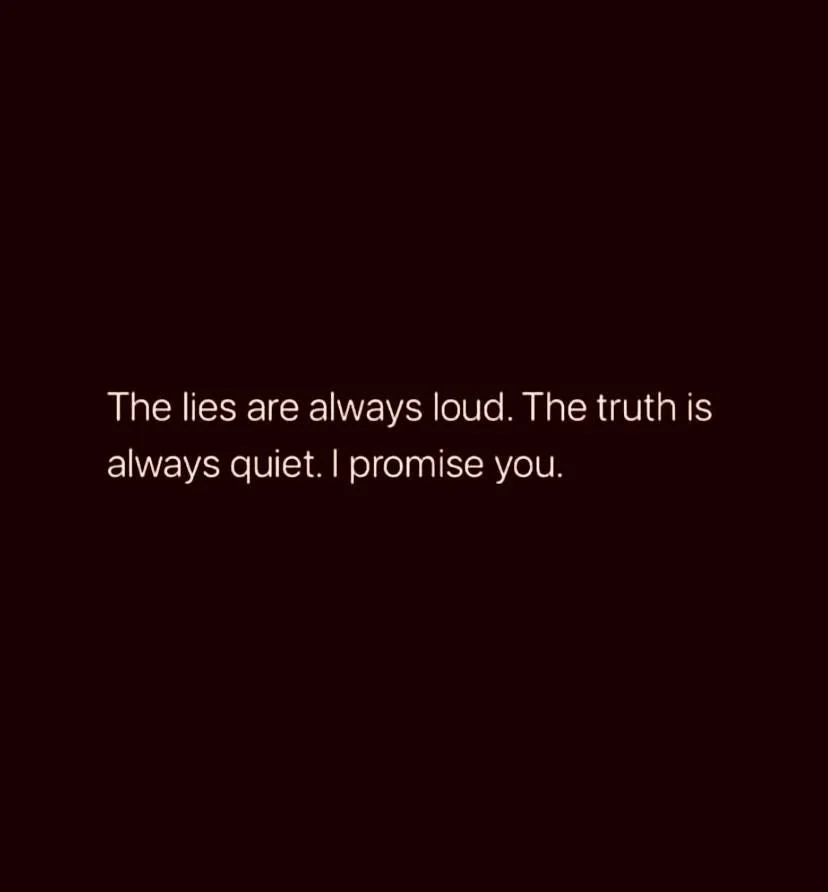
The Good Girl Inner Critic Conspiracy: Why That Voice in Your Head Isn't Your Friend
That critical voice isn't your intuition. It's not your higher self. It's not even really you. It's the internalized voice of every system, person, and culture that ever benefited from your compliance. It's good girl conditioning disguised as self-awareness. Think about it: When does your inner critic get loudest? Usually right when you're about to do something that honors your authentic self. Right when you're about to choose yourself over others' comfort. Right when you're about to become dangerous to the status quo. That's not a coincidence. That's by design.
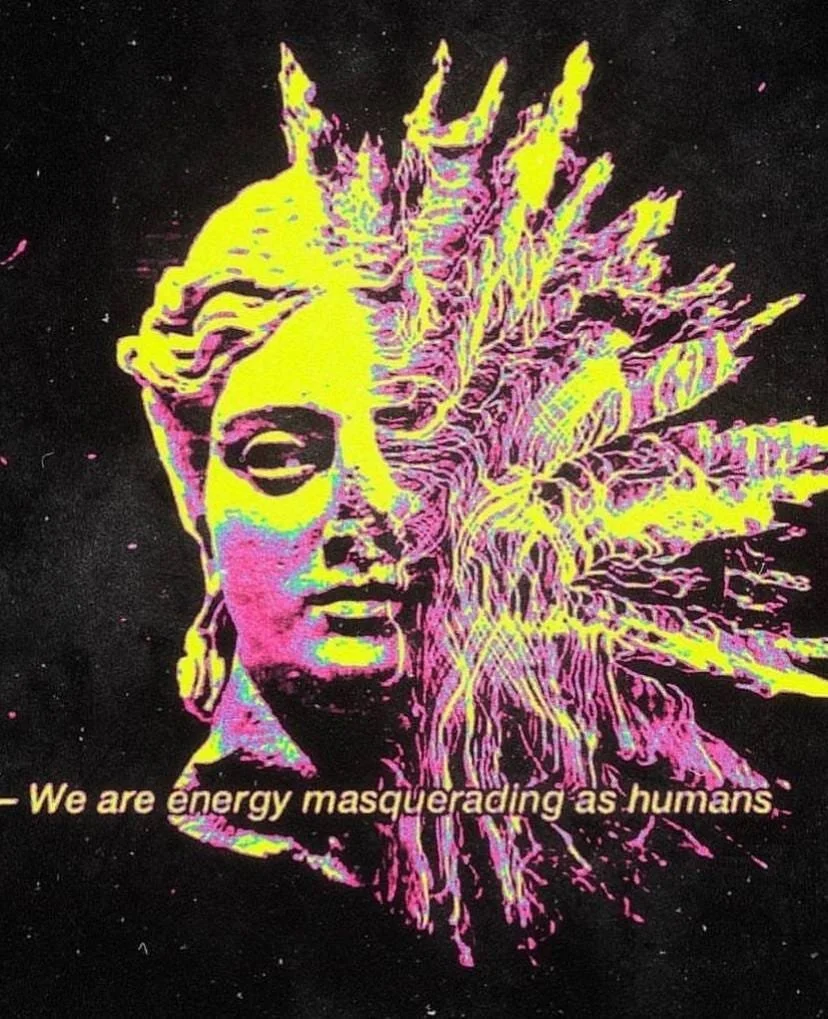
The Sacred Art of Breaking Open: A Recovering Good Girl's Guide to Revolutionary Resilience
What if everything you've been taught about resilience is designed to keep you compliant? Traditional resilience advice tells us to bounce back, push through, and be grateful – but this is good girl conditioning in disguise. Revolutionary Resilience asks different questions: What if your breaking is necessary for your becoming? What if your rage is intelligent response, not dysfunction? What if your activated nervous system is brilliant wisdom about toxic environments? This isn't about adapting to what harms you – it's about transforming through your storms into the dangerous woman you were always meant to be.

